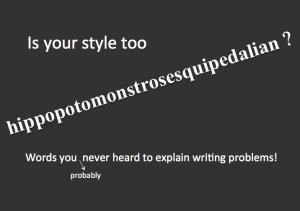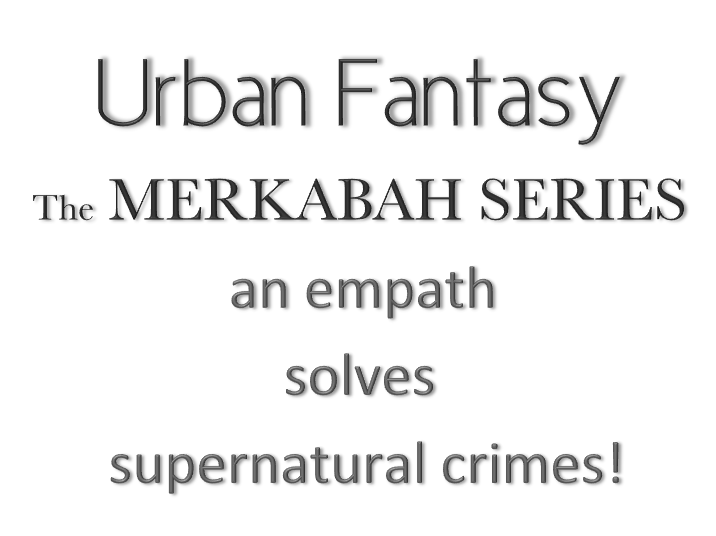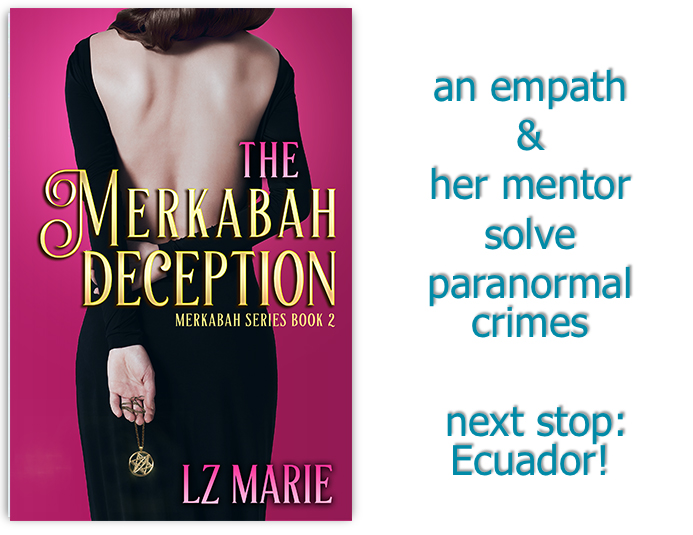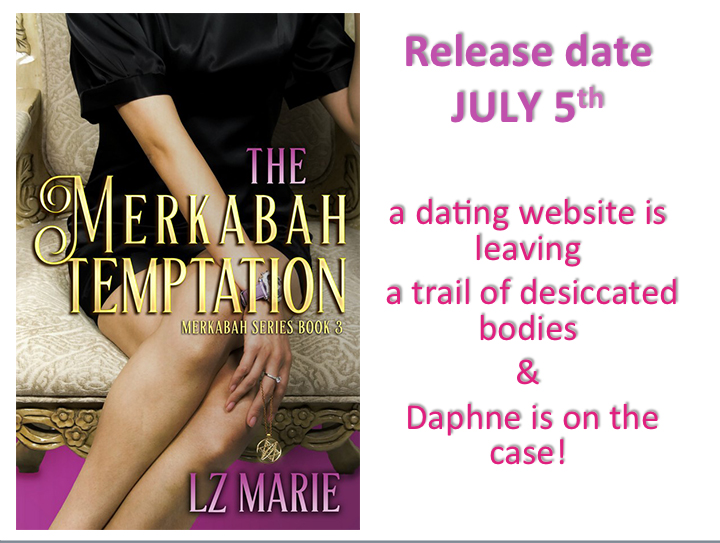 Words you never heard to explain your writing problems.
Words you never heard to explain your writing problems.
Warning: Nerd alert ahead!!!
Writing is easy, except when it’s not. Writer’s block is just the tip of the iceberg. Below are 16 other problems writers struggle with. So in case you weren’t already feeling unappreciated or overlooked enough here’s a few more reasons to amp up your angst.
Is your vocabulary and syntax too literary? Maybe your style is suffering from adoxography: Fine writing on a trivial or base subject.
Perhaps your vocabulary isn’t up to par or you enjoy confounding readers with ancient words. If so, you might have issues with acryology: incorrectly used or obsolete diction.
Don’t worry though. You can always go on Facebook and find an aeolist: a pompous person, pretending to have inspiration or spiritual insight. You’ll know them by their self-published autohagiography: an autobiography that flatters the subject.
Newbie writers often attempt sentences that are hippopotomonstrosesquipedalian: of or pertaining to extremely long words. These sentences also tend to be inaniloquent: tending to speak inanely.
For such writers nothing but a harsh critique can break them of their inenubilable ( incapable of being cleared of clouds; unclear ) style.
Writing requires description ( not too much, not too little ) which leads to kalopsia: a condition, state, or delusion in which things appear more beautiful than they really are. Have you an overwritten description? Probably…maybe…shit, who knows?
While scratching our heads in confusion, we try finding comfort on social media with lalochezia: emotional relief gained by using indecent or vulgar language. Careful though, is that really the image you want to convey? Platform, people. F*** it!
But if that doesn’t work we should return to the zillionth draft of our latest manuscript, where, much to our chagrin, we discover we now have a terrible case of lethologica: the inability to remember a word or put your finger on the right word. This affliction is rampant among writers, so common—so prevalent—such a oh-damn-what-the-bleep-is-that-word hourly occurrence we slide into the depths of mulligrubs: a despondent, sullen, or ill-tempered mood.
Hoping for a few funny memes, uplifting quotes, or answers to our writing tribulations we search social media once again. FaceBook and Twitter have a plethora of pseudo helpful philosophunculists: a petty or insignificant philosopher.
Unfortunately, it’s confusing posts like this using sesquipedalian wording ( having many syllables given to or characterized by the use of long words ) that send us running back to our manuscripts.
Just be careful you don’t take to heart those who ultracrepidate: to criticize beyond sphere of one’s knowledge. They’re dangerous because they doom you to wanweird: misfortune; ill or unhappy fate.
Your only recourse then is to sit in your happy place and paste on a smile. Better to live in your own fictional worlds and admire your witty witzelsucht ( a mental condition marked by the making of poor jokes and puns and the telling of pointless stories at which the speaker is intensely amused ) than ever ever ever stop doing what you love best—tell stories.
Nope, I didn’t make up these words.
Related posts: Readin’ & Writin‘; Rock Your Writing















Great post! I suffer from lethologica on a daily basis just in speaking to people. Very sad. Brings some interesting insights for authors.
Glad you enjoyed. It was a fun post to write. Obscure looong words are fun–just not in fiction. LOL!! ( Unless it’s used in dialog to reveal character.) 🙂
Thanks for including me in your Author Chronicles blog!!!